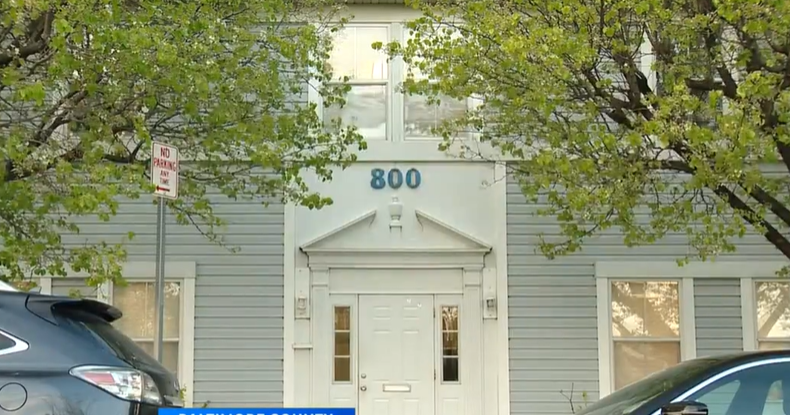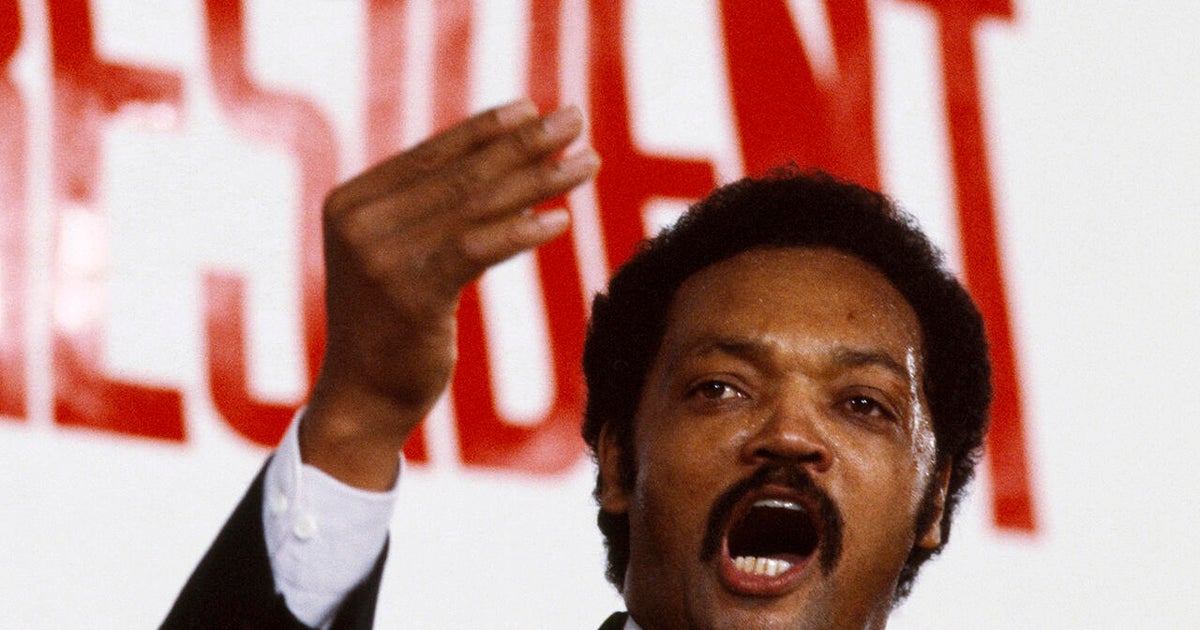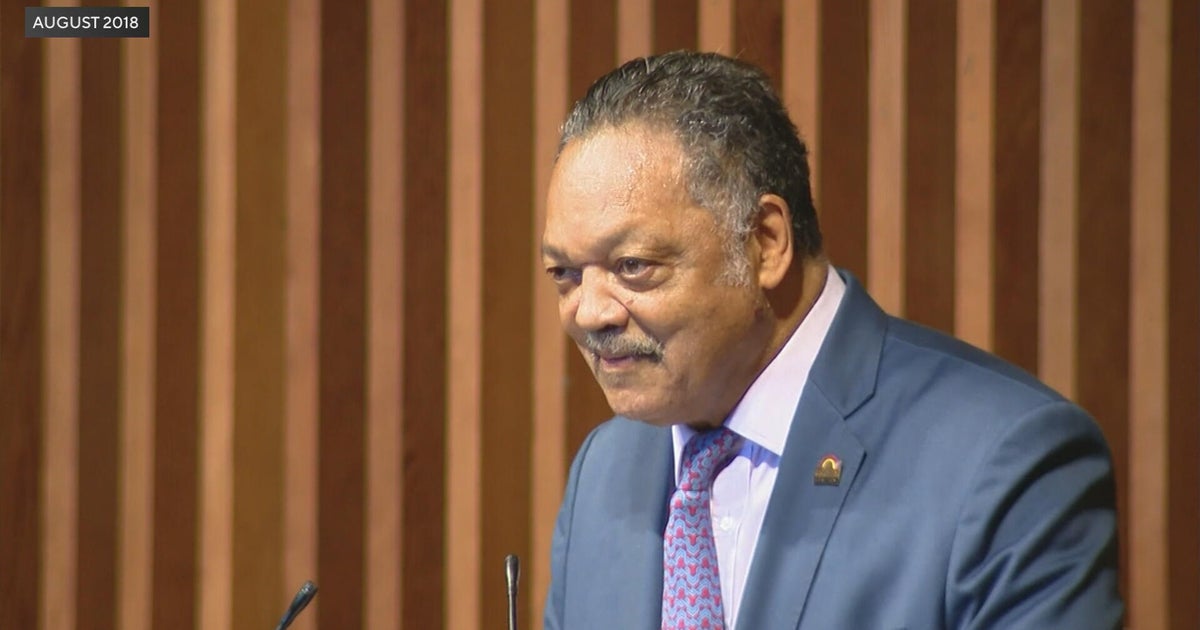Md. Attorney General Challenging Google's New Privacy Policy
BALTIMORE (WJZ) — Taking on Google. Maryland's attorney general leads a major challenge against the Internet giant's new privacy policy.
Derek Valcourt explains what's wrong and why the attorney general wants to do something about it.
He's demanding a meeting with Google executives, blasting the new privacy policy that goes into effect in one week.
Frequent computer users know the power of Google.
"Using the Google browser almost becomes habit for doing quick searches," said Dr. Jayfus Doswell, frequent computer user.
Maryland attorney general Doug Gansler knows it too. That's why he's raising alarms about Google's new privacy policy, allowing them to collect and share more of your information.
Gansler wrote a letter to Google executives on behalf of attorney generals from 36 states, calling their new privacy policy "troubling," and saying it appears to "invade consumer privacy."
"What are they doing with this information? How are they storing it? Is it safe? Is it safe from hackers? Is it safe from identity theft and to whom are they giving that information?" Gansler said.
Here's the problem, as the attorney general sees it. Under the new privacy policy, Google shares your information with other Google products. Say for example you do a Google search. That search, even the websites you visit, will automatically be shared with all of the other Google products.
Google says it uses all that information to make sure you see advertisements relevant to your life.
"Maybe you want targeted advertising. Maybe that's something you want. But you ought to have the choice. You ought to be able to opt in to it or at least opt out of it," Gansler said.
A Google spokesperson calls their new privacy policy "easier to understand," adding "we're continuing to offer choice and control over how people use our services. Of course we are happy to discuss this approach with regulators globally."
But limiting Google's access to private information sounds good to computer users like Doswell.
"Anyone should be able to opt in or opt out. I definitely agree," he said.
The new Google privacy police takes effect March 1.
Earlier this week two Baltimore attorneys filed a class action lawsuit against Facebook, criticizing the company for its privacy practices.







